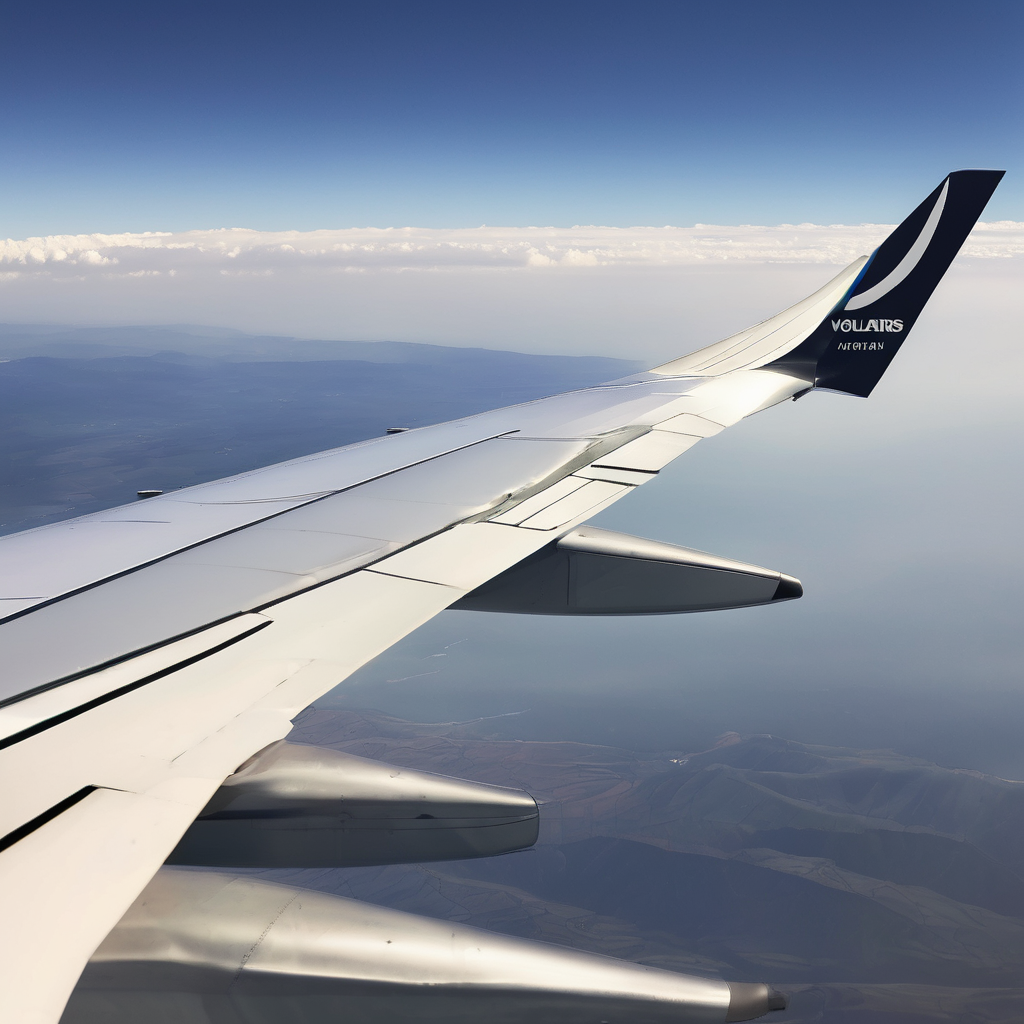The Association of Aviation Pilots (ASPA) in Mexico and the College of Aviation Pilots (CPAM) have voiced strong opposition to the Mexican government’s recent decision allowing Volaris to hire foreign pilots from Malta and Lithuania. This authorization comes through the Federal Civil Aviation Agency (AFAC), which enabled Volaris to engage in wet leasing—a practice where an airline temporarily rents an aircraft along with its crew to operate certain routes.
Specifically, Volaris is permitted to bring in these foreign pilots to operate ten aircraft within Mexican airspace from December 1, 2025, to January 12, 2026. This decision was reportedly made as a measure to address engine maintenance issues causing disruptions across various airlines globally, linked to the manufacturer Pratt & Whitney.
ASPA has indicated that this move blatantly violates Mexico’s Civil Aviation Law and disregards existing regulations designed to ensure that Mexican aircraft are exclusively operated by pilots born in Mexico. They express concern that allowing foreign crews into the country is a betrayal of Mexico’s sovereignty and undermines the nation’s legal framework.
Moreover, ASPA’s statement pointed out that this decision contravenes mandatory directives governing the technical rules for aircraft leasing and potentially opens the door to covert cabotage, which negatively impacts the rights of Mexican pilots. The Mexican Constitution explicitly mandates that only native-born captains can operate Mexican aircraft within national territory.
In response to these concerns, the Ministry of Infrastructure, Communications and Transport clarified, via AFAC, that the wet leasing arrangement does not constitute cabotage, which typically involves foreign airlines offering services on domestic flights. They emphasized that operations will continue under a Mexican airline with no involvement from foreign operators and that the arrangement complies with Article 32 of the Constitution regarding Mexican crew operations.
The AFAC also justified the authorization by stating that denying Volaris’s request would disrupt 20 domestic routes and affect approximately 200,000 passengers during the holiday season, posing a risk to economic activity and job generation within the tourism sector. They also noted that the airline had assured its union that there would be no job losses or reductions in flight hours as a result of this arrangement.
The CPAM echoed ASPA’s concerns, arguing that Mexico has a sufficient pool of certified Mexican pilots ready to take on these roles, stating there is no technical or legal justification to replace them with foreign crews. They further pointed out that this decision contradicts the current administration’s policy to defend national sovereignty and opposes the presidential commitment to create 100,000 jobs annually under the “Plan Mexico.”
Both pilot associations are urging the authorities to rectify this irregularity and ensure adherence to the legal framework governing such concessions. This situation highlights the ongoing debate over the balance between operational needs in the airline industry and the protection of national aviation sovereignty, an issue that resonates deeply within the context of Mexico’s broader employment and economic strategies.
